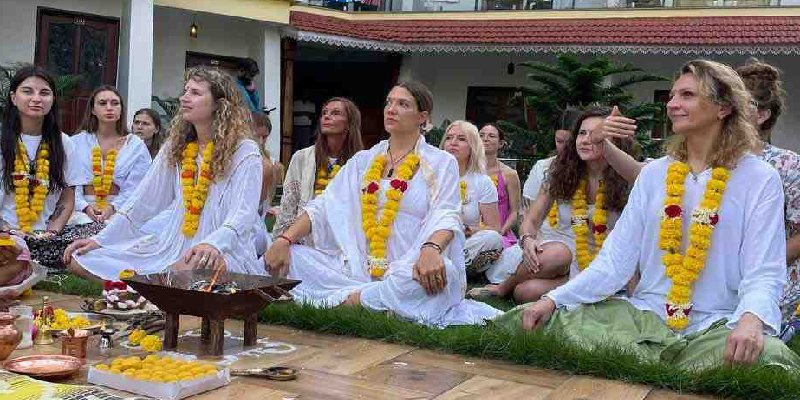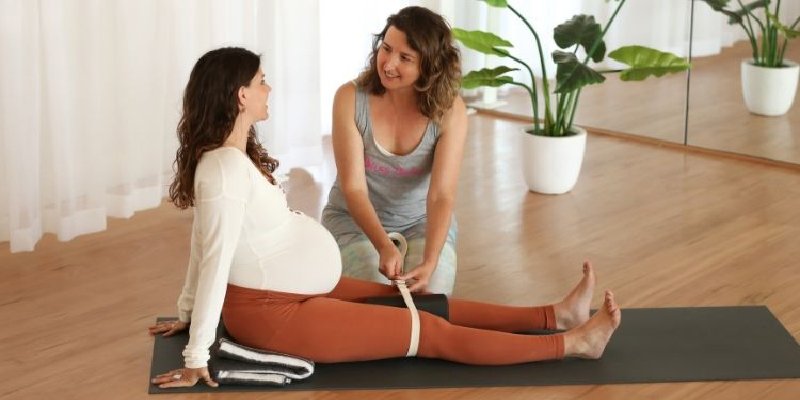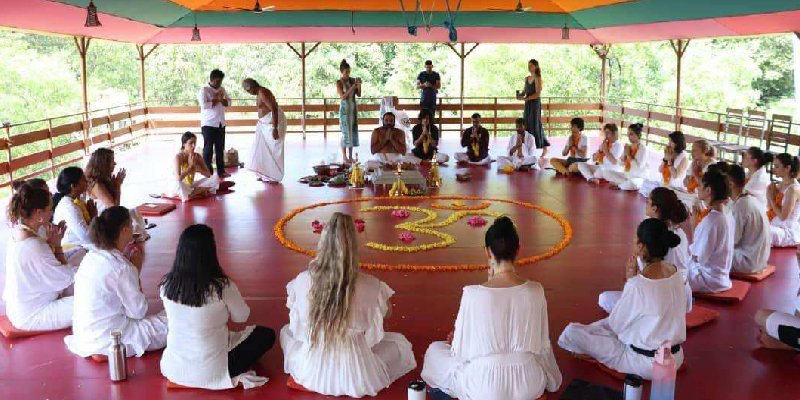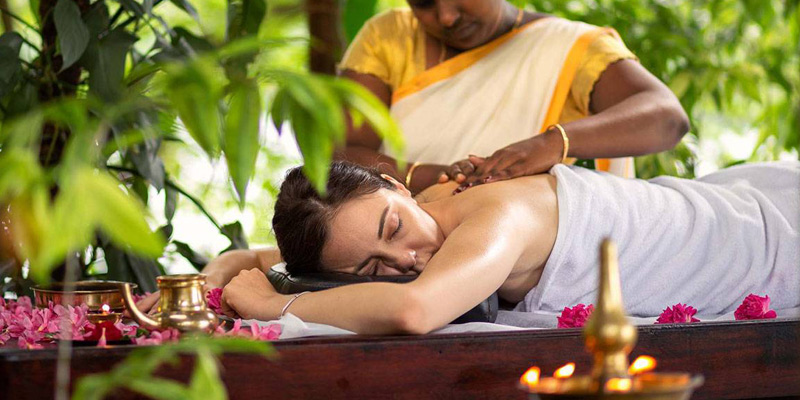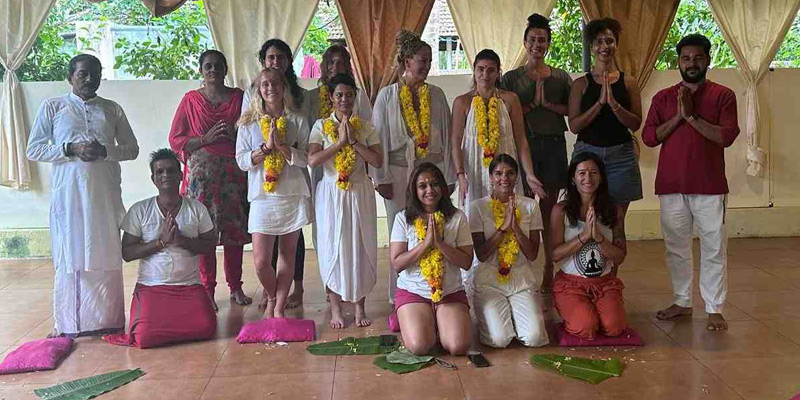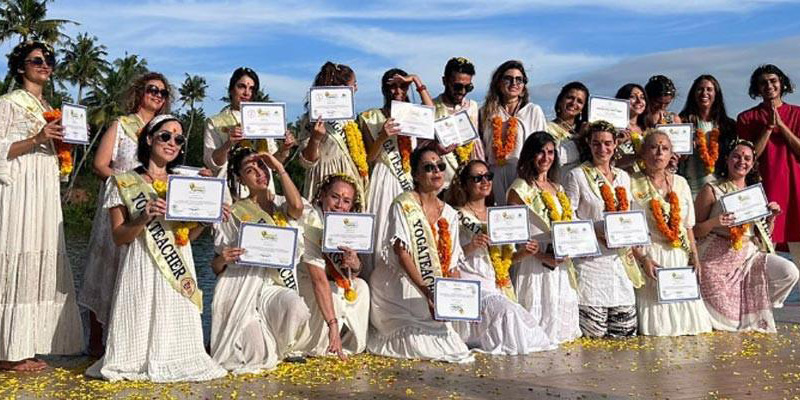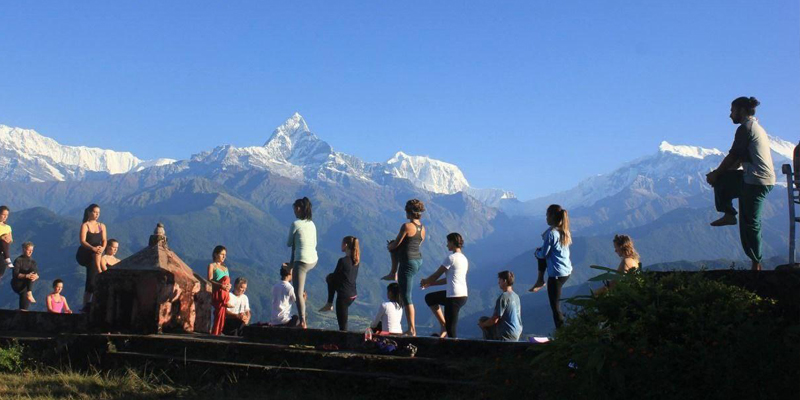300-Hour Yoga Teacher Training Course in Kerala: A Transformative Journey for Yoga Enthusiasts
Kerala, known for its serene landscapes, beautiful beaches, and the famous backwaters, is not only a popular tourist destination but also a hub for spiritual growth and wellness. The state is home to some of the best yoga schools in the world, offering extensive yoga programs to practitioners who wish to deepen their knowledge and become certified instructors. One such transformative journey is the 300-Hour Yoga Teacher Training Course (TTC), a course designed for those who have already completed a 200-hour training and are looking to take their practice to the next level.
In this article, we will explore what the 300-Hour Yoga Teacher Training Course entails, the benefits of taking it in Kerala, and how this experience can transform both your yoga practice and your life.
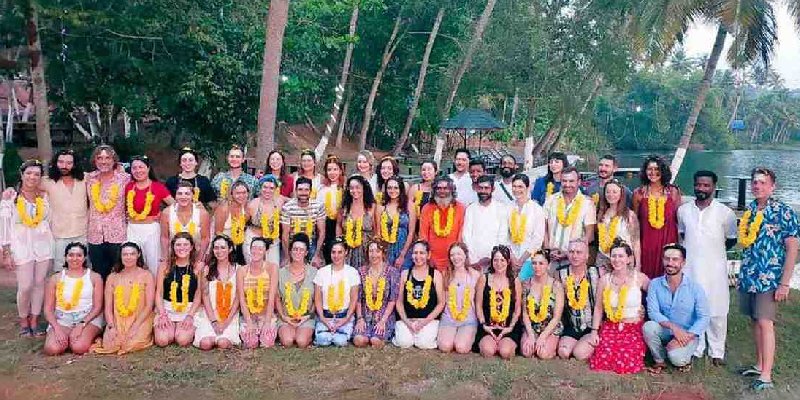
What is the 300-Hour Yoga Teacher Training Course?
The 300-Hour Yoga Teacher Training Course is an advanced yoga certification program. It is typically undertaken after completing a 200-Hour TTC, which is the foundational course for aspiring yoga teachers.
The 300-Hour TTC is designed to build on the knowledge gained during the 200-Hour course, offering a deeper understanding of yoga philosophy, anatomy, asanas (postures), alignment, and teaching methodologies.
This course not only enhances your physical practice but also helps you develop mental clarity and spiritual awareness, making you a more holistic yoga teacher. Upon successful completion of the course, you will be certified as a 500-Hour Registered Yoga Teacher (RYT-500) by Yoga Alliance, which is recognized worldwide.
What You Will Learn During the 300-Hour TTC in Kerala
The 300-Hour Yoga Teacher Training Course in Kerala is structured to give you an in-depth understanding of various aspects of yoga, both theory and practice. Here are some of the key components of the curriculum:
- 1. Advanced Asana Practice You will learn advanced asanas (postures) that are suitable for experienced practitioners. The focus is not only on performing the postures but also on proper alignment, breathing techniques, and the therapeutic benefits of each posture.
- 2. Yoga Philosophy and Spirituality A significant part of the 300-Hour TTC is dedicated to the study of yoga philosophy. You will dive into classical texts such as the Yoga Sutras of Patanjali, Bhagavad Gita, and Upanishads, exploring deeper concepts like meditation, mindfulness, and self-realization. This philosophical study will help you understand yoga beyond just physical practice and develop a spiritual connection to the discipline.
- 3. Anatomy and Physiology Understanding the human body is crucial for teaching yoga safely and effectively. You will learn about the anatomy of the body, the biomechanics of asanas, and how to adapt postures for different body types and conditions. This knowledge will help you prevent injuries and guide your students with proper alignment and adjustments.
- 4. Teaching Methodology The 300-Hour TTC includes an extensive focus on teaching methodology. You will learn how to plan and teach yoga classes, develop effective communication skills, and understand the needs of different students. You will also gain experience in hands-on teaching practice, which will help you become a confident and inspiring yoga instructor.
- 5. Pranayama and Meditation Breathing techniques (pranayama) and meditation are essential components of yoga practice. During the course, you will learn advanced pranayama techniques that will deepen your connection to the breath, calm the mind, and enhance your meditation practice. This part of the course will also help you teach your students how to use breath as a tool for mental clarity and emotional balance.
- 6. Yoga Nidra and Other Relaxation Techniques Yoga Nidra, or "yogic sleep," is a deep relaxation technique that guides you through a conscious state of relaxation, reducing stress and promoting mental and physical healing. You will learn how to teach Yoga Nidra and incorporate other relaxation techniques into your classes.
- 7. Adjustment and Alignment Techniques You will refine your skills in adjusting students safely and effectively. Understanding the correct alignment for each asana and being able to provide hands-on adjustments will ensure that your students practice yoga safely and achieve the maximum benefit from each posture.
- 8. Ayurveda and Yoga Kerala, the birthplace of Ayurveda, offers a unique opportunity to integrate Ayurveda with yoga practice. Many 300-Hour TTC programs in Kerala incorporate Ayurveda into their curriculum, teaching you how to apply Ayurvedic principles to balance the body and mind through yoga.

